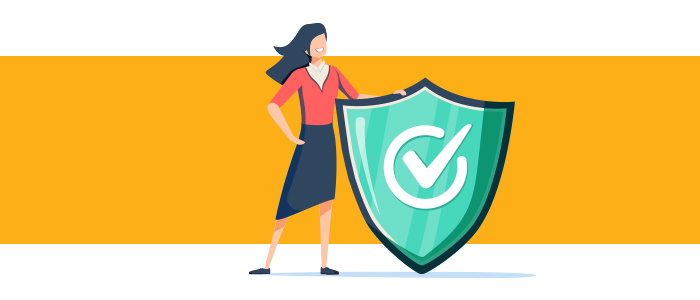
How safe is your data when your staff works from home?
The Coronavirus crisis has changed the world as we know it. With social distancing, lockdowns and work from home becoming the new normal, cyber criminals are exploiting the situation to their gains. This whitepaper discusses how the cyber crime landscape is likely to shape up in the post-pandemic world and how businesses can safeguard themselves against it.One of the reasons for a sudden spike is cyber crimes is the work-from-home model that is increasingly becoming the norm. When you allow remote access to your data, you are virtually opening your IT infrastructure to criminals--unless you have the right security measures. It is easy for malware and hackers to get into your system and corrupt it unless you have the right measures in place.
With employees operating from home, there are a lot of loopholes that cyber criminals target. Some of them include
Lack of knowledge
Most employees don’t realize how their simple actions or non-actions can contribute to a cyberattack that can bring your whole business down. For example, they may unwittingly end up compromising on your business’s data security by sharing passwords, not using a good antivirus software or using the public WiFi to access their emails, etc.,
It is more difficult to oversee IT operations
With teams working remotely, it is difficult for businesses to manage their IT efficiently. Installation of security patches, anti-malware tools, data backups, etc., are all more difficult now.
Working from home offers businesses a lot of benefits in terms of cost savings, employee satisfaction and flexibility. But, it also raises a lot of questions from the IT security perspective. When opting for the work-from home model, it is important to clearly define the IT policies and put them into practice. You could partner with an MSP who specializes in cybersecurity and remote workspace management to help you formulate a safe, remote working environment.


Comments
Post a Comment